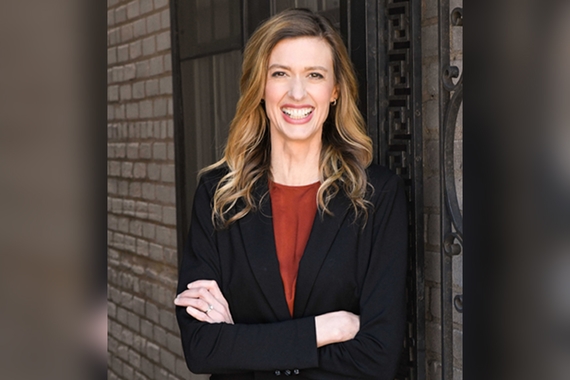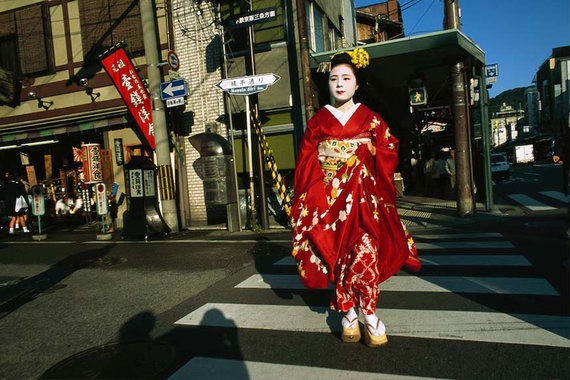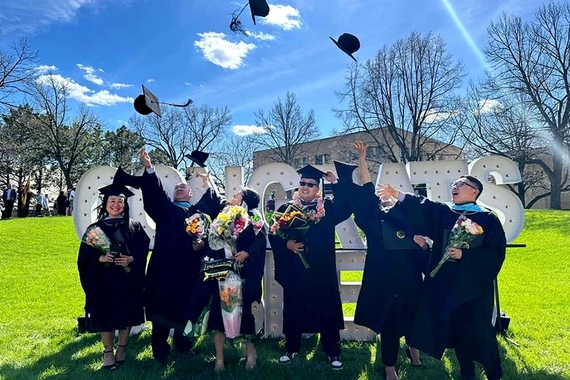Medical Hmong: Connecting Communities through Language and Medicine
“Language is a great way to get past the barriers of cultural difference. Through language, we learn about the nuances of culture and how to be a culturally sensitive health practitioner in all fields,” says Bee Vang-Moua, director of the Hmong Studies program at the University of Minnesota, who is spearheading a May term one-credit online class called Medical Hmong. The course will increase accessibility among members of the health field and Hmong community.
The new online course teaches Hmong language and culture with an emphasis on medical terminology and cultural practice. Vang-Moua’s ambition for this course is to navigate how to convey messages between languages that do not have equivalent vocabularies. Among the first of its kind, this innovative learning opportunity addresses a crucial need within the medical and Hmong communities in Minnesota.
Addressing a Need
Earlier in her career, Vang-Moua worked as an interpreter, translating and editing medical pamphlets for Hmong speakers. She noticed that Hmong speakers did not have a common terminology for certain health conditions like cancer or Hepatitis-B, for example. Hmong is a language based in topics like agriculture, oral traditions, and the arts, so it does not have the same depth of terminology for medical and legal fields. “I knew that there was a need for a standard understanding, and standards for vocabulary,” Vang-Moua states.
The Twin Cities has the second-largest Hmong population in the US, behind central California, so understanding how to best serve Hmong patients is paramount.
With such a large Hmong population and community interest in understanding Hmong culture, the University is the perfect place to tackle this need. She hopes to see tangible change within the health field to create a more inclusive and welcoming community for all.
A Language with Roots
This course will go far beyond learning new words and medical terminology. Through her experience as an interpreter, Vang-Moua also witnessed differences in how various cultures process things in the medical field. She explains that a doctor may think that a decision should be made immediately, while a Hmong patient may want to think about that decision for a while with their family. To bridge any such differences, she will incorporate socio-cultural and historical contexts of Hmong culture in the curriculum. “With this type of course, it's important to teach the cultural understanding piece,” Vang-Moua says. “That said, we're all more alike than we are different.”
While Western medicinal practices tend to be rooted in science and physical healing, Hmong understanding of health tends to be spiritual. For example, in Hmong culture, someone who is sick may be believed to have a lost spirit, making his or her physical body more vulnerable to falling ill. Being aware of these cultural elements, with a historical context in mind, can help health care workers better understand Hmong responses to medical treatment.
Awareness of Hmong culture will foster more productive and positive services in the health field. This class will combine techniques of conveying messages, vocabulary usage, meaning between languages, and cultural context to give medical professionals a better understanding of a population they may work with. Vang-Moua emphasizes the deeper goal of this course goes beyond just learning the Hmong language: “I always say it’s never just about the language. It’s about the people first,” Vang-Moua says.
Becoming a Pioneer
Vang-Moua refers to herself and all of her future students as pioneers. This is her first online class and Vang-Moua is excited to be learning alongside the students and working with them to create the best curriculum possible. “I want my pilot-year students to understand how exciting it is that we get to explore something that has yet to be explored, and then learn together in that process,” says Vang-Moua.
The course will be completely online, but it will include interactive components and scheduled times when Vang-Moua will be teaching live.
Join the Movement
You don’t have to be a healthcare worker, or even a pre-med student, to take Medical Hmong (HMNG 1013). This course is for a wide variety of individuals; students, medical professionals, and language practitioners will all benefit from this course. There is no prior language of Hmong language required.
Become a pioneer with Bee Vang-Moua this summer and expand your language skills to forge meaningful connections in your community.
“As we speak, right now, we’re still creating new terminologies and concepts, right? So why not be a part of that movement?”
This story was written by an undergraduate student in Backpack. Meet the team.



